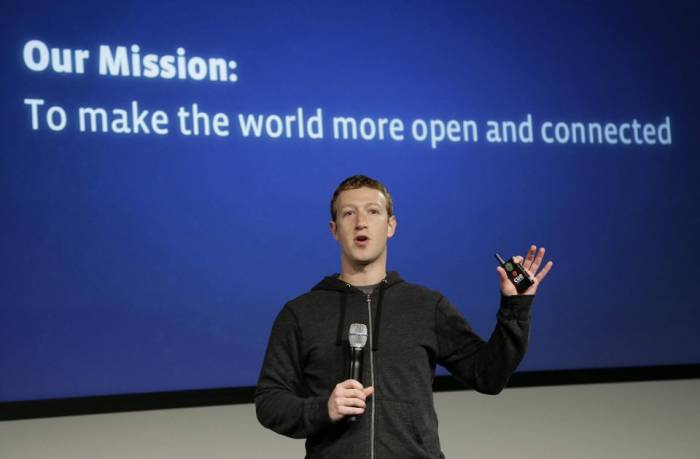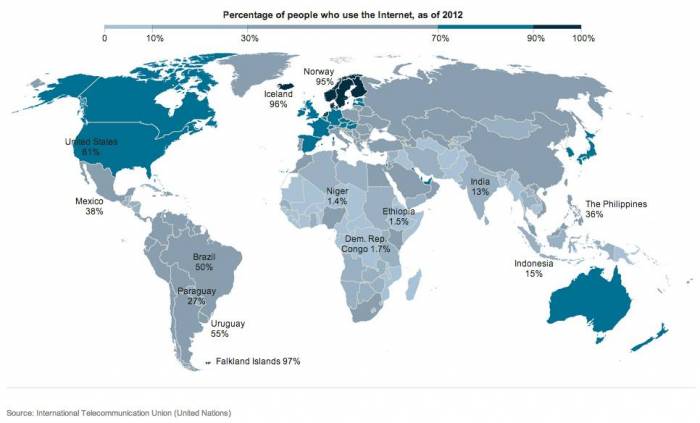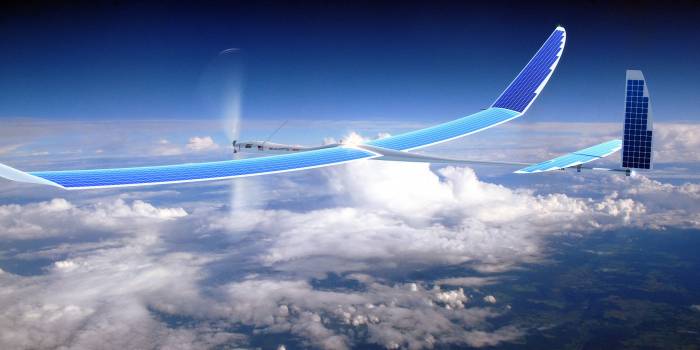
source
A year ago Facebook, Nokia, Samsung, Qualcomm and other companies created Internet.org. The plan was to increase internet use around the globe; the initiative was launched in Zambia and Tanzania and in Kenya. Websites like AccuWeather, BBCNews, Facebook, Facebook Messenger, and Wikipedia are available for free on the platform. The initiative’s ultimate goal is to provide the Internet to 5 billion people. Facebook had stated that satellites would be key in delivering the free internet. Now, the company has a plan to use those satellites in aiding sub-Saharan Africa.
Providing connectivity to over 14 countries
Facebook announced that it has teamed up with French communications specialist Eutelsat in the project. The satellites will beam Internet to over 14 countries in the most populated areas of sub-Saharan Africa. The AMOS-6 satellite is going to be launched later this year. Both companies will also work with Israeli company Spacecom to use the “entire broadband payload” on the satellite. Facebook aims to begin transmissions by late 2016. It will connect those who live in areas out of range of mobile networks.

{adinserter CNP5}
The project was met with some criticism
There was controversy surrounding Internet.org, particularly in India. It has been accused of violating net neutrality and transparency. People claim that Facebook would push the services and control what can be accessed. In response, Facebook separated the app from the initiative and renamed it “Free Basics by Facebook.” Developers signed up to the project and added 60 new services to the app: including BabyCenter for parents and SmartBusiness for new entrepreneurs. The rebranded app has a menu where users in Asia, Africa and Latin America can choose the services they want to use.

There are even bigger plans coming
Facebook has several projects in the work in order to connect the world. Stskeholders are having talks of solar-powered drones that deliver Internet connectivity through lasers and radio signals. Facebook is building Aquila – a 140 foot solar-powered and unmanned plane that can deliver the Internet. It is designed to fly at an altitude of 60,000 to 90,000 feet and will be able to circle a specific area for up to 90 days when deployed. Facebook says it uses a balloon to carry Aquila It has not yet announced if it will deploy it anytime soon, but the company will test it later this year.

SEE ALSO: World’s First Drone Airport Is Planned In Rwanda And It Is Going To Save Lives.






